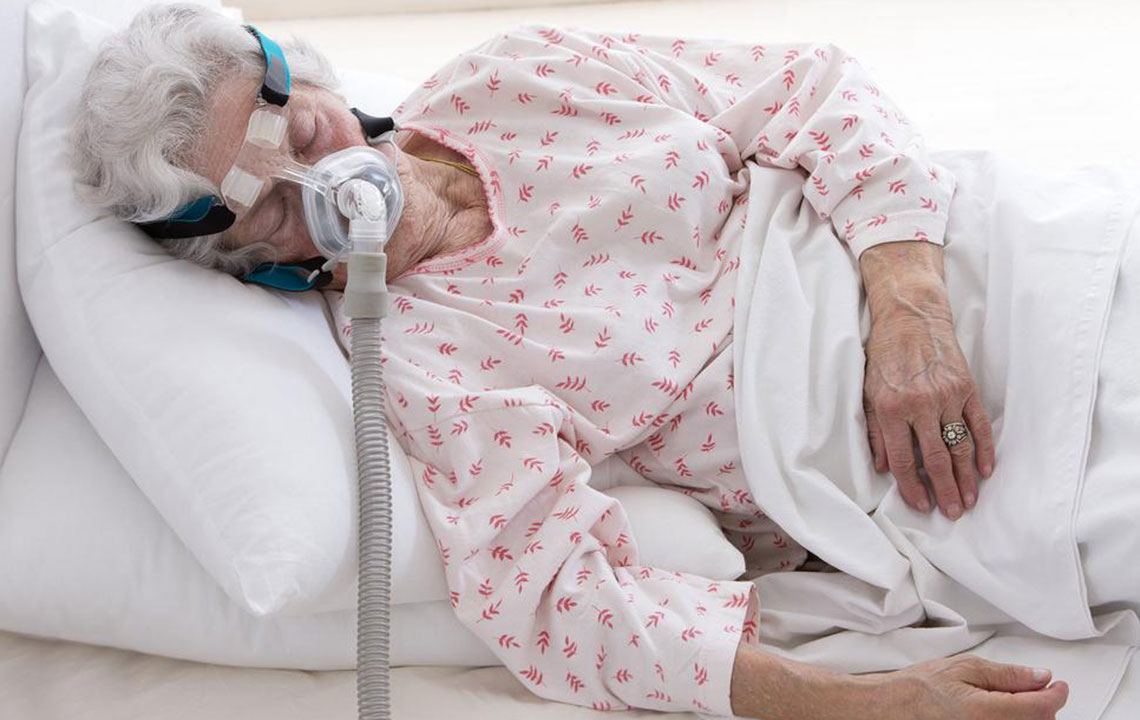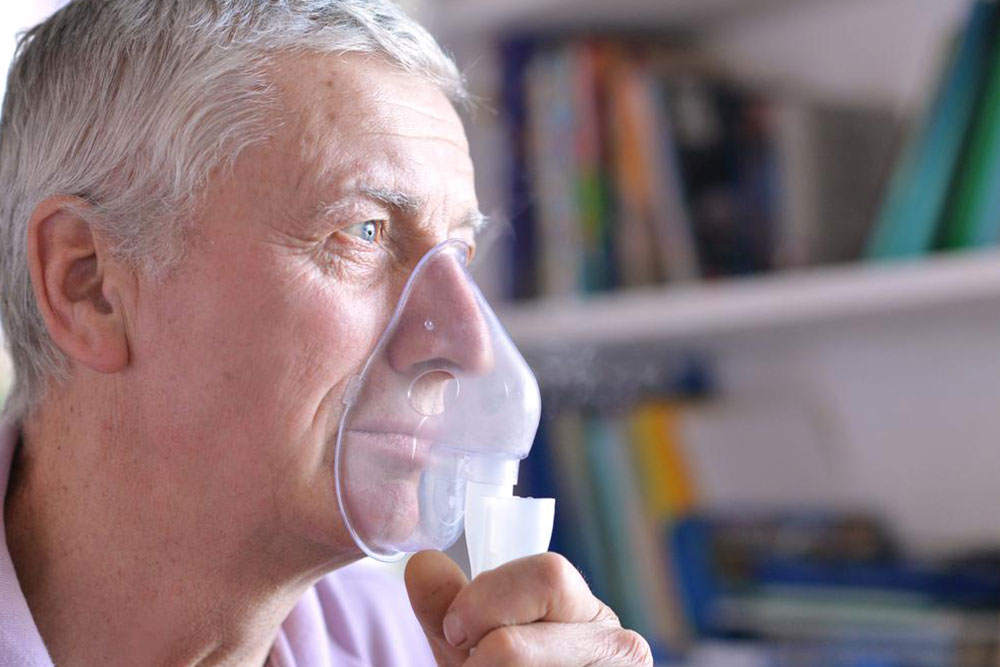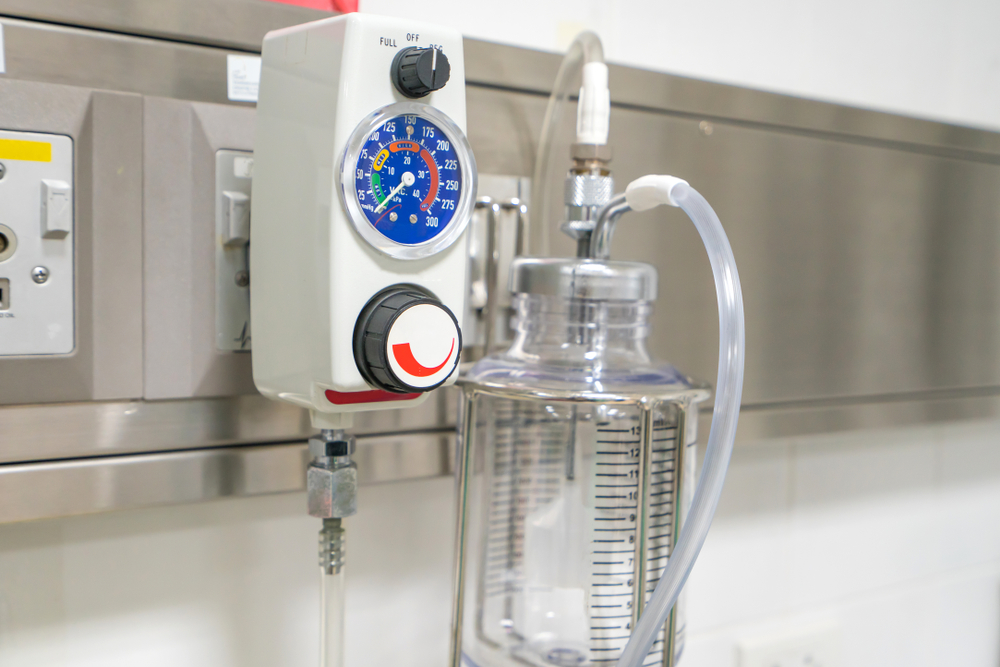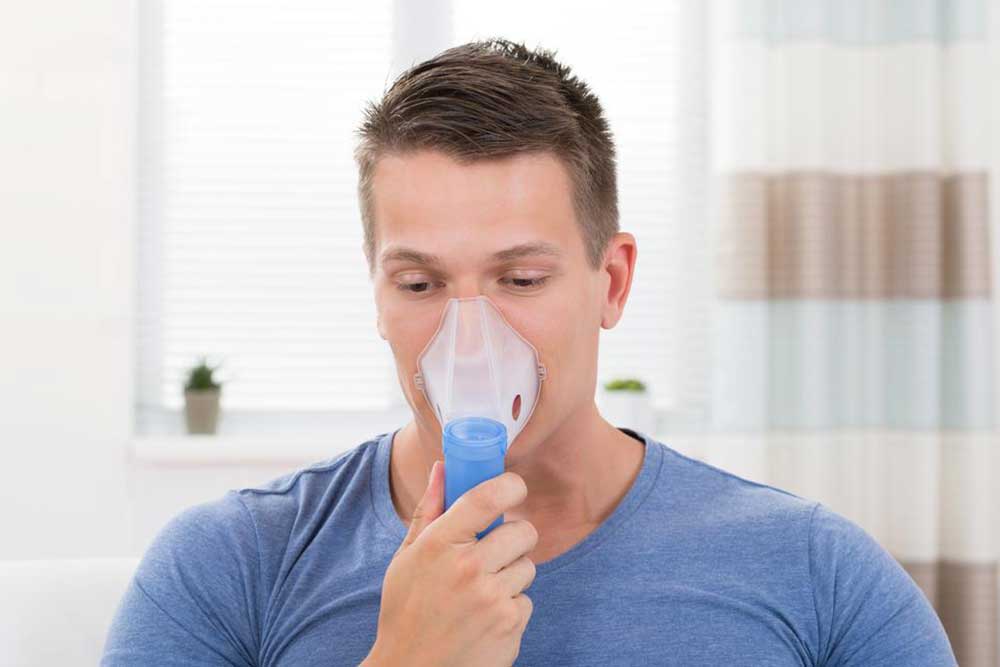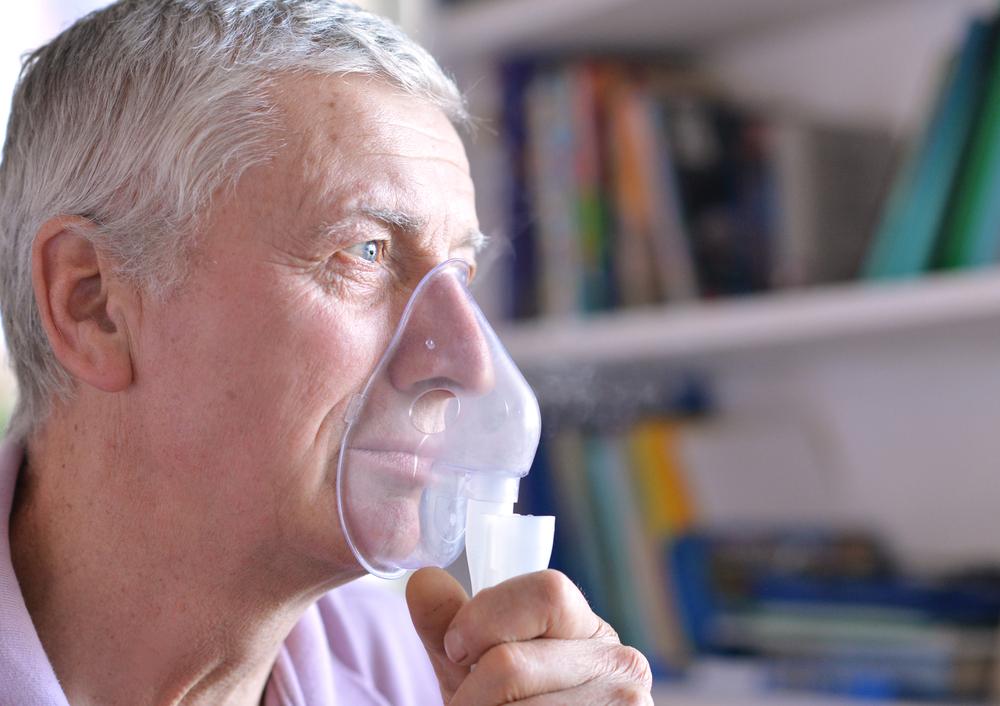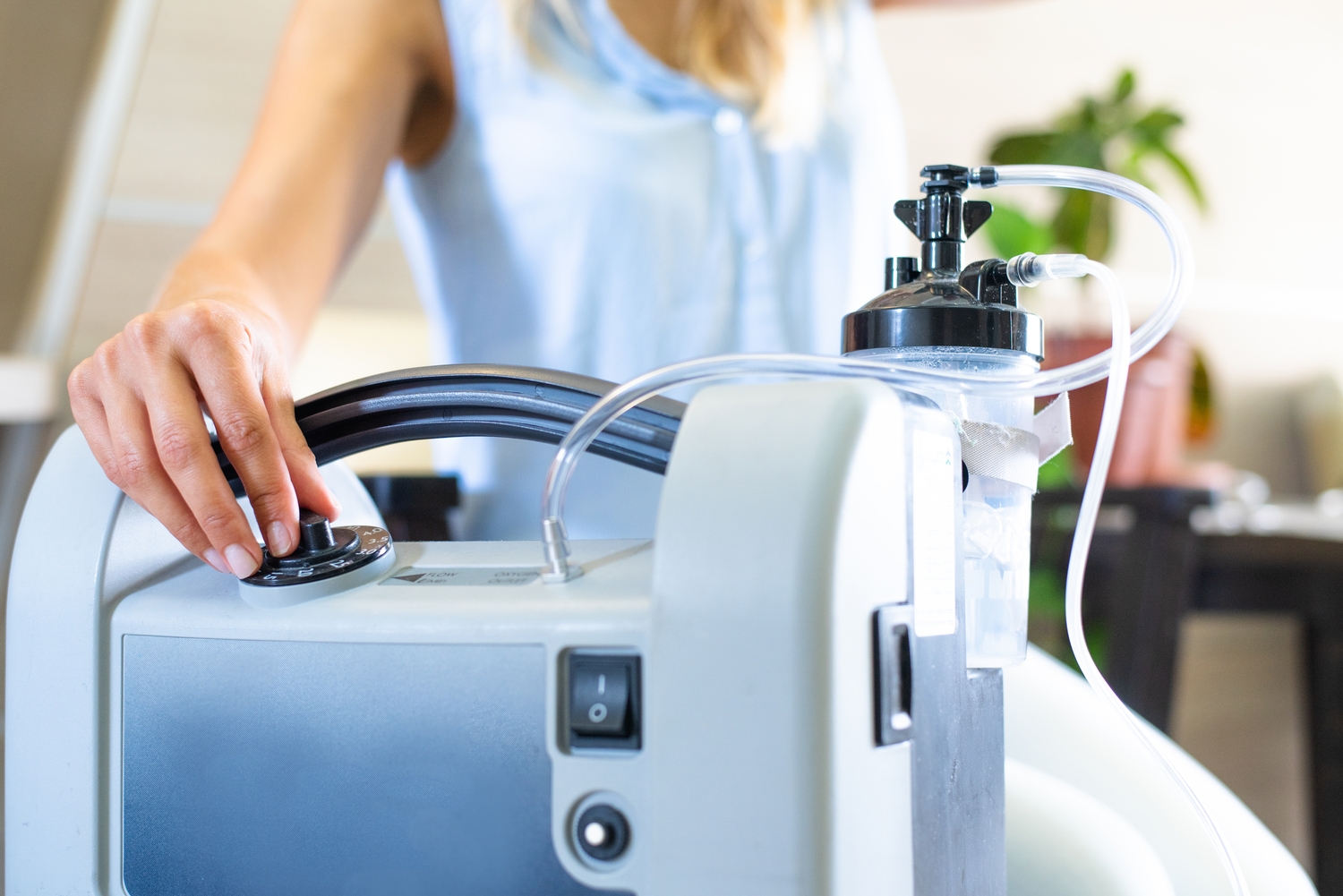A Comprehensive Guide to Renting or Purchasing a Portable Oxygen Concentrator
Explore the comprehensive guide to renting or buying portable oxygen concentrators, highlighting key considerations such as mobility, travel, cost, and device features. Learn how to choose the best option based on your lifestyle and medical needs, with tips on rental providers and testing strategies to ensure optimal use and safety. Whether for short-term trips or long-term use, discover the advantages of flexible, lightweight oxygen therapy solutions tailored for active living.
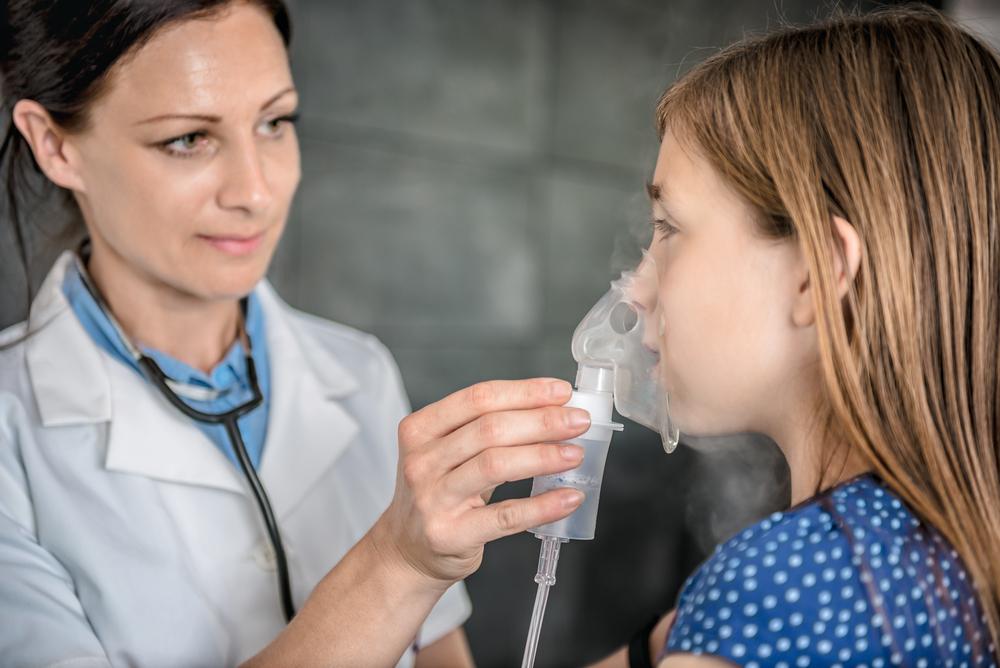
Deciding Between Renting and Buying a Portable Oxygen Concentrator: An In-Depth Overview
Oxygen therapy is a vital treatment for many individuals suffering from respiratory conditions such as COPD, emphysema, or other lung diseases. Traditionally, patients relied on bulky, stationary oxygen concentrators and large tanks that limited mobility and independence. These devices, while effective, were often cumbersome and not suitable for active lifestyles or travel. However, technological advancements over recent years have dramatically transformed the landscape of oxygen delivery systems. Today, lightweight, portable oxygen concentrators (POCs) are readily available, enabling users to maintain their active lifestyles without compromising on necessary oxygen support.
Choosing the right oxygen therapy device depends on your lifestyle, specific medical needs, and usage frequency. If you require oxygen therapy extensively and for prolonged periods, investing in a stationary, home-use concentrator might be the most practical choice. These devices typically have higher capacity and can deliver steady oxygen flow for long hours, making them ideal for home use. On the other hand, if your oxygen needs are intermittent, or if you are frequently on the move, a portable oxygen concentrator provides unmatched convenience. This distinction leads to an important decision: should you rent or buy a portable oxygen device?
Carrying out daily activities becomes easier with portable oxygen concentrators. Whether you're commuting, traveling, or just outdoors, lightweight devices ensure you aren't tethered to a fixed location. During travel, especially, portability becomes crucial. Heavy conventional oxygen tanks are impractical and often prohibited on airplanes, adding restrictions to your mobility. In contrast, compact portable oxygen concentrators are designed to meet airline regulations, allowing you to travel worry-free. Renting a portable oxygen device can be an excellent solution during trips, enabling you to test how well the device fits into your routine and whether it provides sufficient oxygen support for your activities.
Many healthcare providers and medical equipment suppliers now offer rent-to-own plans. These flexible programs let you rent a device initially, with the option to purchase later if you find it suitable for your long-term needs. For short-term or occasional use, renting is generally more economical. It allows you to avoid large upfront costs, and you can evaluate several models before making a full purchase commitment. This approach is particularly beneficial if your oxygen requirements are temporary or expected to change.
Prior to renting a portable oxygen concentrator, it's essential to compare rental costs, package options, and terms of service among different providers. Doing so ensures you get the best value for your money and the device features you need. Testing the machine before your trip or daily use is advisable to verify it functions properly and is comfortable for extended wear. When choosing a device, consider factors like weight, size, battery life, and flow options. Pulse Dose models are suitable for those who need intermittent oxygen, while Continuous flow models are better for higher oxygen needs. Your medical provider can help determine the appropriate type based on your health condition.
Leading online rental platforms such as OxyMedical, Health Oxygen, Vitality Medical, and Oxygen Concentrator Store offer a wide range of portable oxygen concentrators for rent. These platforms often provide detailed product descriptions, user reviews, and customer support. Additionally, consider the type of carrying case that best suits your lifestyle—backpacks are ideal for walking or sightseeing, while wheeled carts can carry larger devices for prolonged outdoor activities.
Before starting to use a rented device, thoroughly read the user manual to understand its operation and maintenance. Familiarize yourself with the device’s controls, safety features, and troubleshooting procedures. Most reputable suppliers also offer 24/7 customer support to address any questions or technical issues promptly. Ensuring proper device operation not only guarantees your safety but also maximizes the effectiveness of your oxygen therapy.
In conclusion, renting a portable oxygen concentrator offers flexibility, convenience, and peace of mind. Whether you're planning a short trip, engaging in outdoor activities, or simply want to test a device before buying, rental options provide an excellent solution. For those with long-term oxygen needs, a purchase combined with a rental or lease agreement might be the most suitable option. Overall, the key is to assess your medical requirements, lifestyle, and budget to make an informed decision that enhances your quality of life.
